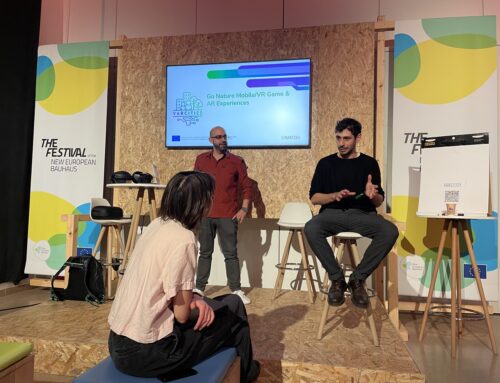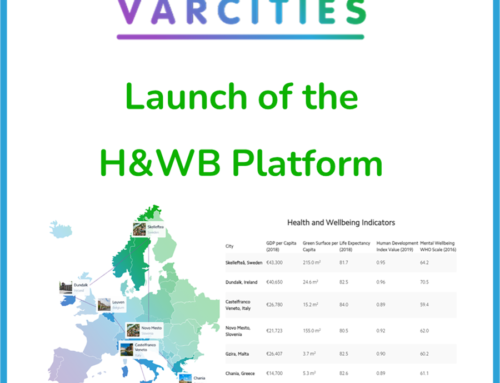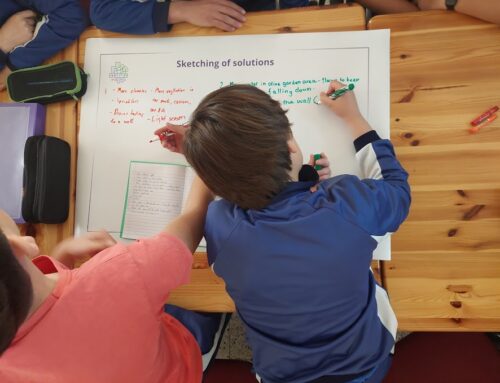4th progress meeting in Malta
October 6, 2022

Officially started in September 2020, the EU funded project Varcities aims to implement real, visionary ideas and to add value by establishing sustainable models for increasing the health and well-being of citizens who are exposed to diverse climatic conditions and challenges in and around Europe. The project is currently starting its third year. Project partners met in Valletta, Malta on Tuesday 6th and Wednesday 7th September at the occasion of the 4th progress meeting.
This second in-person meeting was the occasion for the representatives from seven cities and 17 organisations from across Europe meet face to face and discuss the different visionary solutions currently developed in the framework of the project.
The first day focused on the different pilots (their actions until now and their plans for the upcoming months) and we had a cross-learning workshop, while the second day was focused on the implementation of each work package.
On the first day, we reviewed the work that has already been implemented in the first 18 months of the project in preparation of the first review meeting:
- The visionary solutions were designed following the analysis of the local contexts of pilot cities
- The co-creation strategy was completed following the mapping of local stakeholders
- Development and testing of IoT sensors was initiated
- The general implementation framework for the visionary solutions was completed
- The monitoring framework was completed
- The virtual cluster Healthy Cities Helix was launched to serve as the backbone of the exploitation and dissemination strategies
- The website and visual identity were created and frequent communication on different medium is in place
Updates on the implementation of the visionary solutions were then given by each pilot city: Castelfranco Veneto (IT), Chania (GR), Dundalk (IE), Leuven (BE), Gzira (MT), Novo mesto (SI) and Skellefteå (SV)
We also took part in a cross-learning workshop, a platform for consortium partners to identify common (co-creation) challenges and work together on solutions. Notably, presentations focused on replication and valuation of nature-based solutions, as well as the dissemination of pilot projects’ results.
Guest speaker Prof. Alex Torpiano from the University of Malta delivered an insightful presentation on the implementation of nature-based solutions, arguing that they must be embedded in broader political discussions taking account of sustainable consumption, food security, and demographic growth.
On the second day, we also discussed the next steps for the project, which will run until February 2025:
- Preparatory meeting with pilot cities
- Sensors will be deployed in pilot sites
- The Health and Well-Being platform will be launched
- Work on the GoNature VR game will continue
In addition, all participants had the chance to test the Hololens smart glasses, which will be integrated in the upcoming GoNature VR game.
Stay tuned for the next phase of the project!
You can find the press release here.










